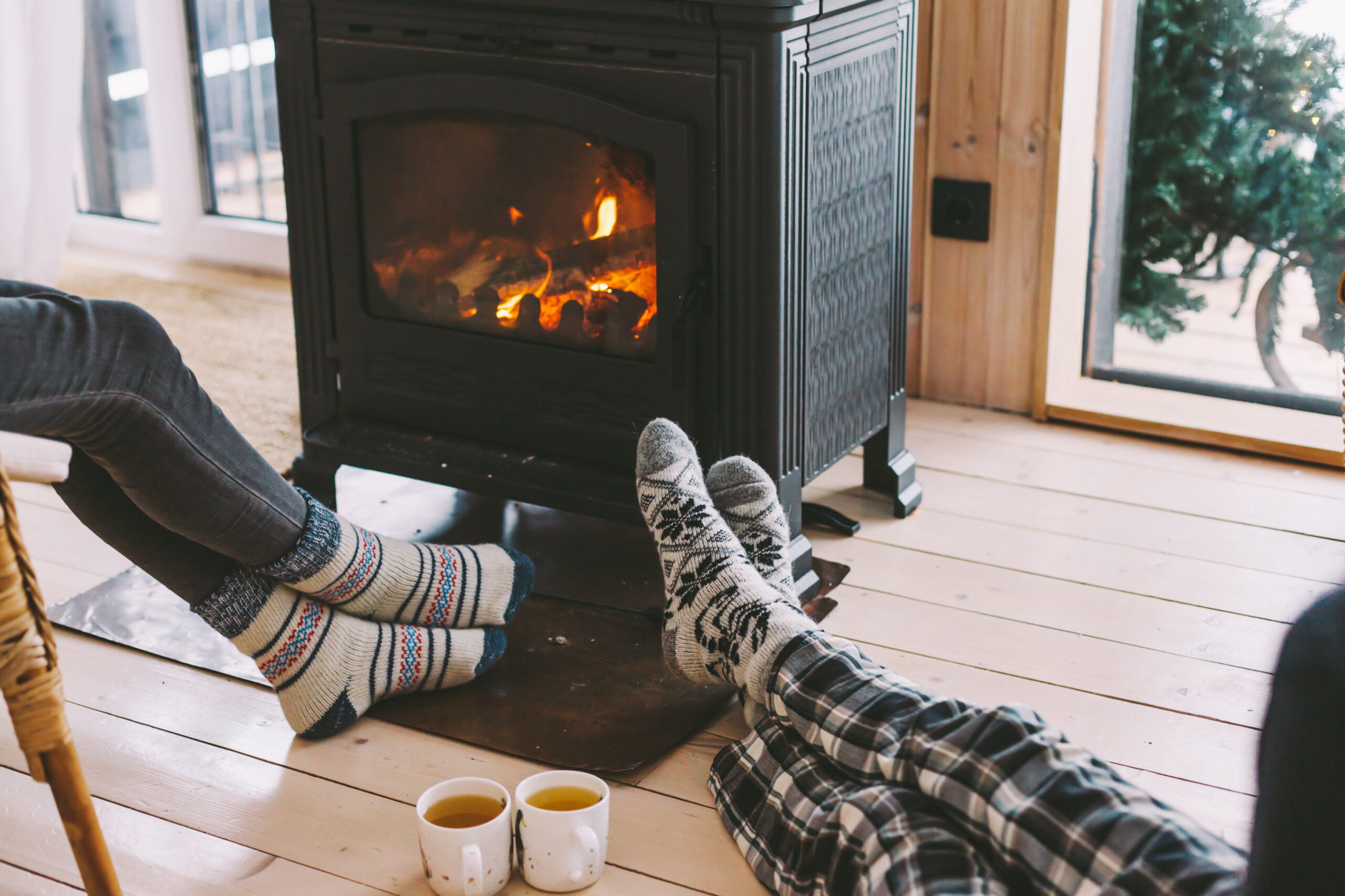
Propane systems are a safe, effective way to keep your family comfortable and your home humming all winter long. But it’s always important to make the necessary winter preparations to ensure the colder months go according to plan. These tips can help ensure your propane-powered heating systems and appliances work reliably when called upon throughout the season.
- Make sure you have enough propane. Talk to your propane provider about keep-full plans. If you are a Will Call customer and monitor your own propane supply, check the gauge on the tank regularly, and call your provider before the propane level gets too low. We ask that you call us when you get to 20%.
- If you run out of propane, call your propane provider immediately. Your propane provider or qualified service technician will need to inspect your system for leaks before turning the gas back on.
- Maintain a clear path to your propane tank. Clear enough space in your driveway for a delivery truck and please shovel a path to the tank through snow and ice.
- Keep outdoor vents, chimneys, and flues clear of snow, ice, and debris.
- Never use outdoor appliances indoors. Keep grills, generators, and patio heaters outdoors. They emit carbon monoxide, an odorless gas that can cause sickness and death.
- Make sure your appliances are performing efficiently. Before the start of each heating season, have a qualified service technician inspect and service your home’s appliances and propane system. When appliances are running as efficiently as possible, your home will conserve fuel, save money, and avoid unexpected midseason repairs.
- Install and set a programmable thermostat. Homes save an estimated 10 percent per year on heating costs by using a programmable thermostat. Resetting it when the family is asleep or away from home saves money without sacrificing comfort.
- Be efficient with water heating. Water heating can be a large expense, accounting for about 14 to 18 percent of most home utility bills. Set your water heater to no higher than 120 degrees Fahrenheit and install low-flow shower heads or temperature sensitive shower valves to reduce energy consumption.
Here are a couple of Winter Safety Articles from the Propane Education and Research Council: Keeping Your Family Safe, Propane Safety and Winter Storms